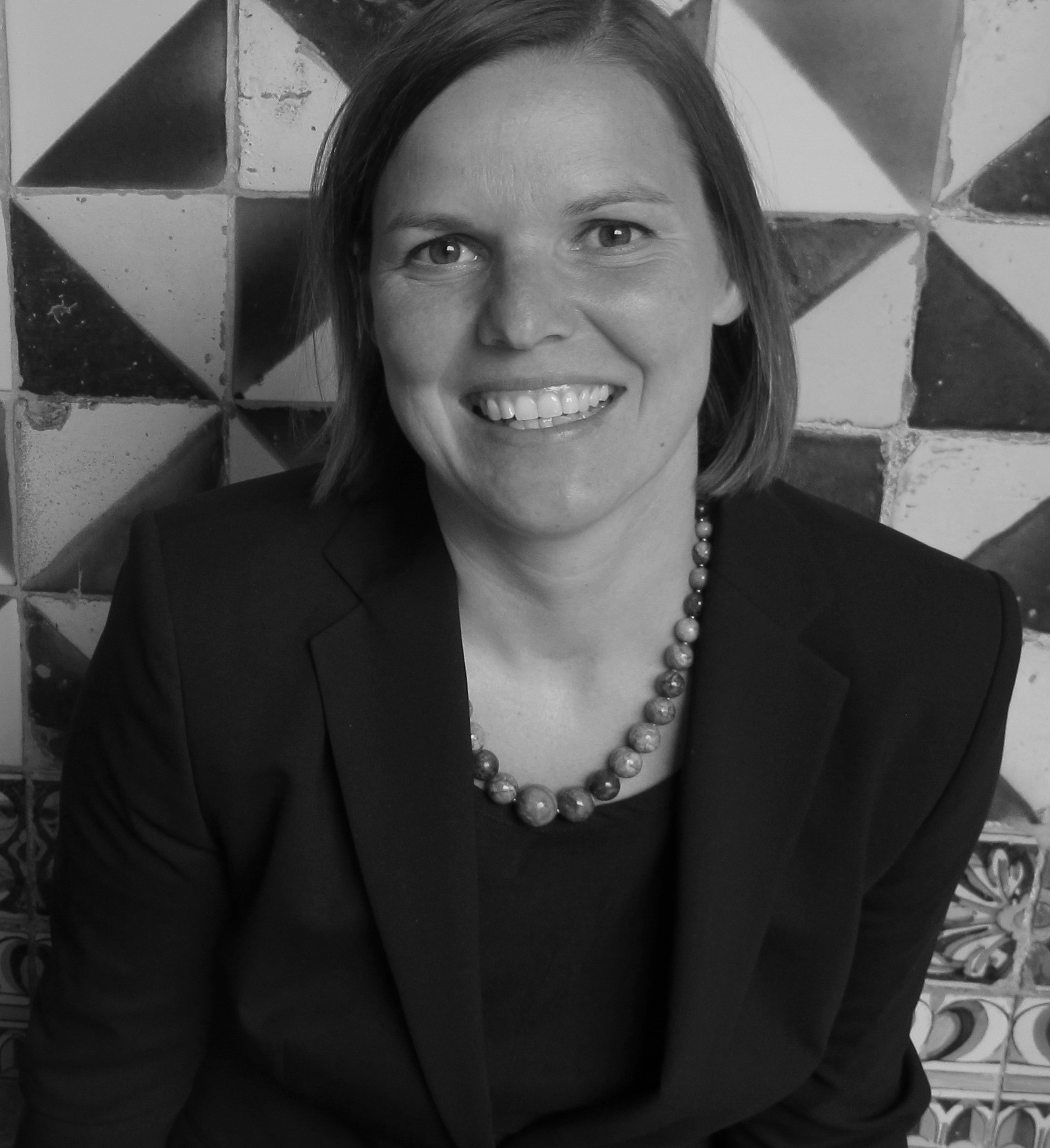




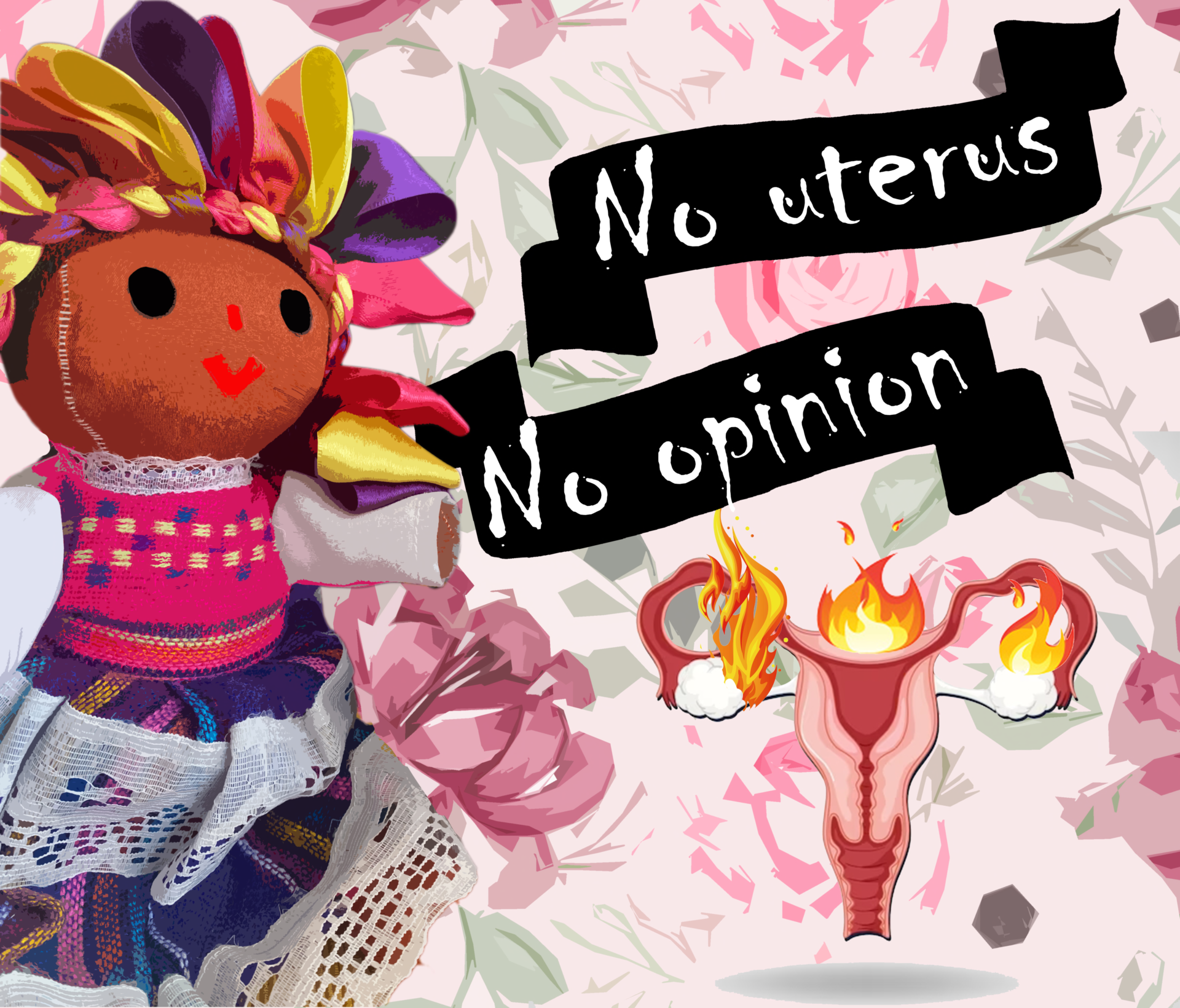
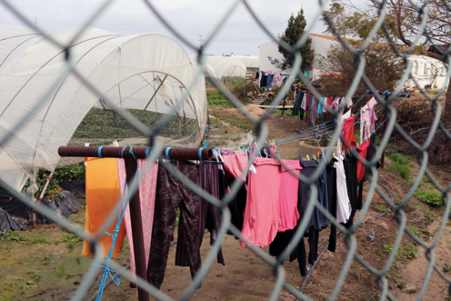
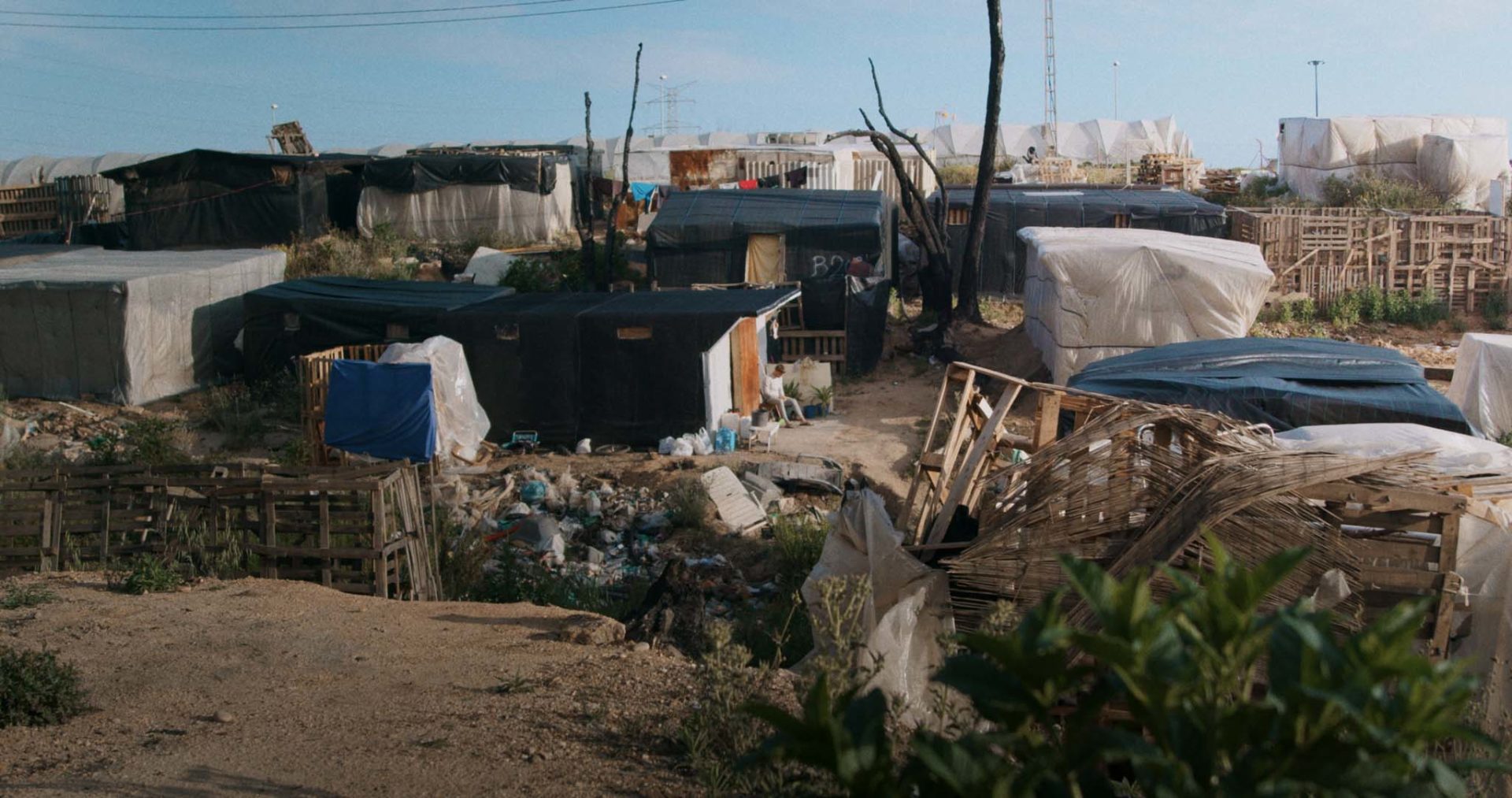
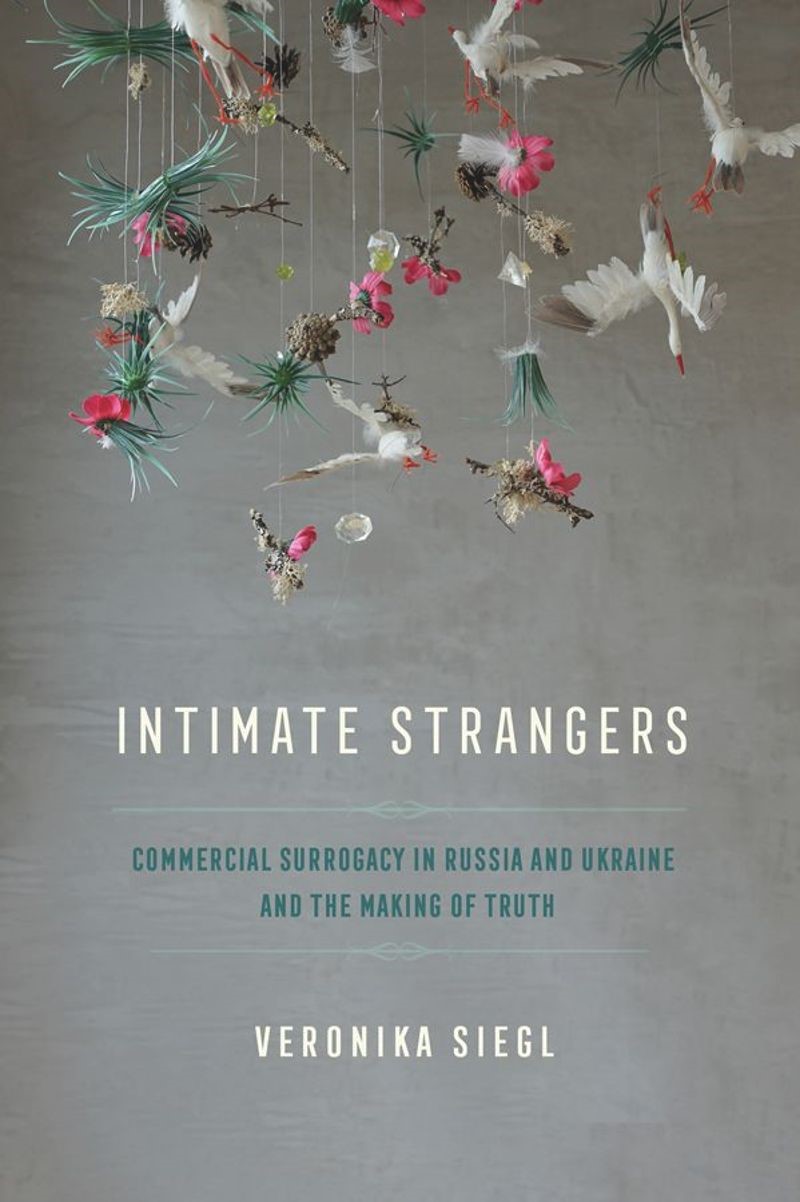



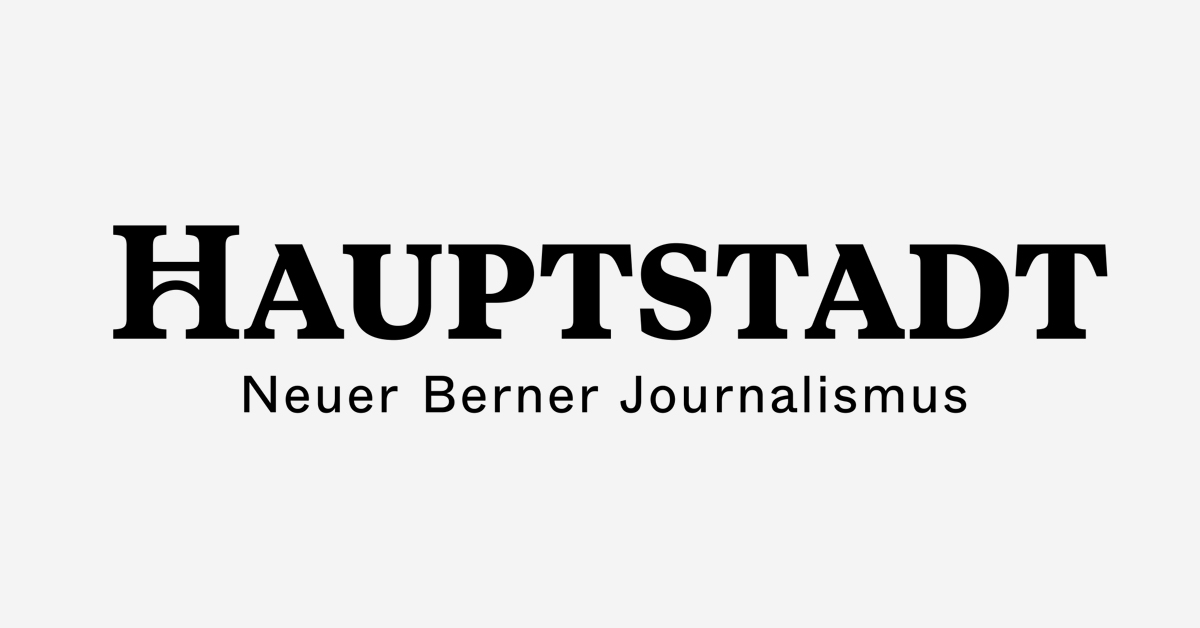




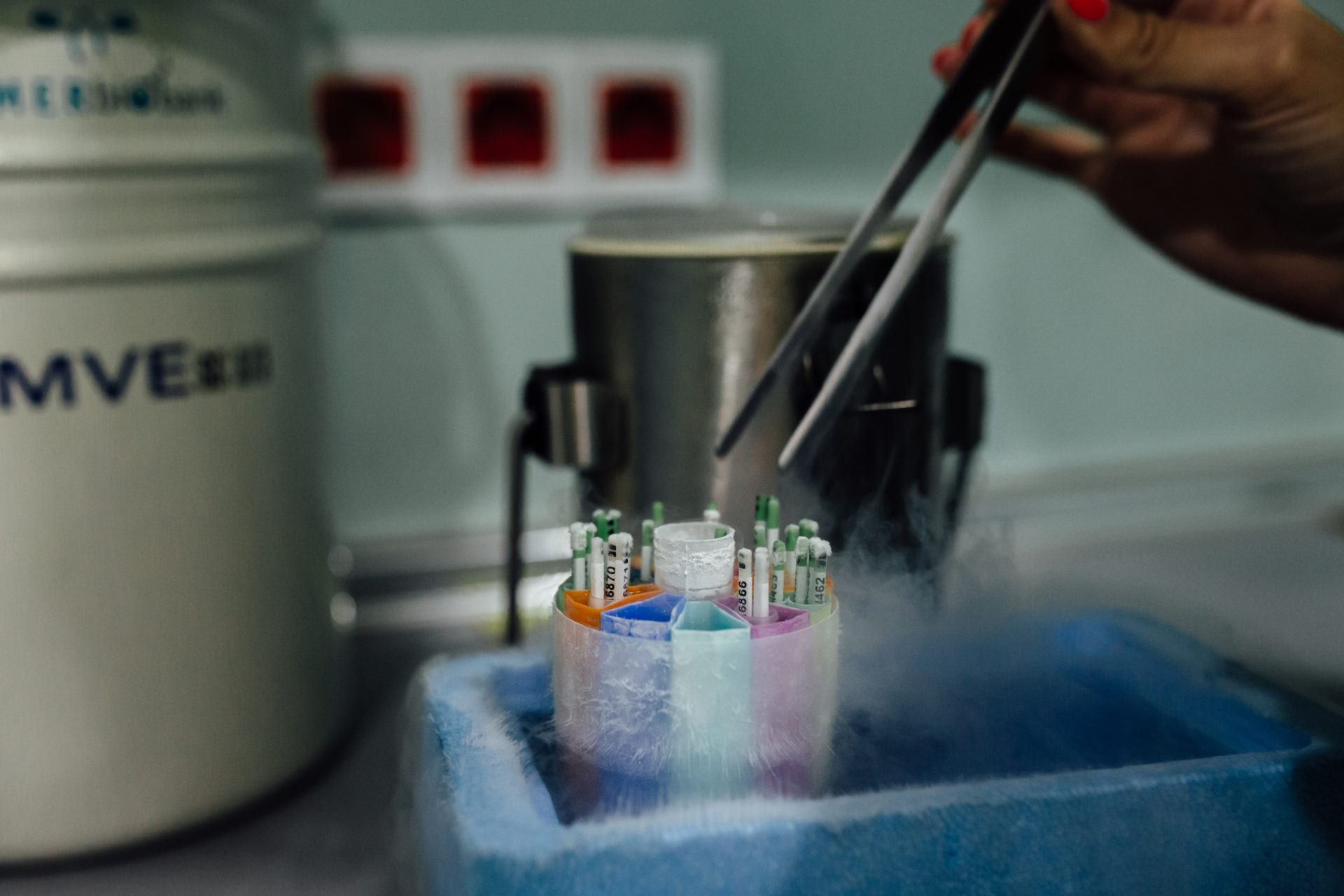





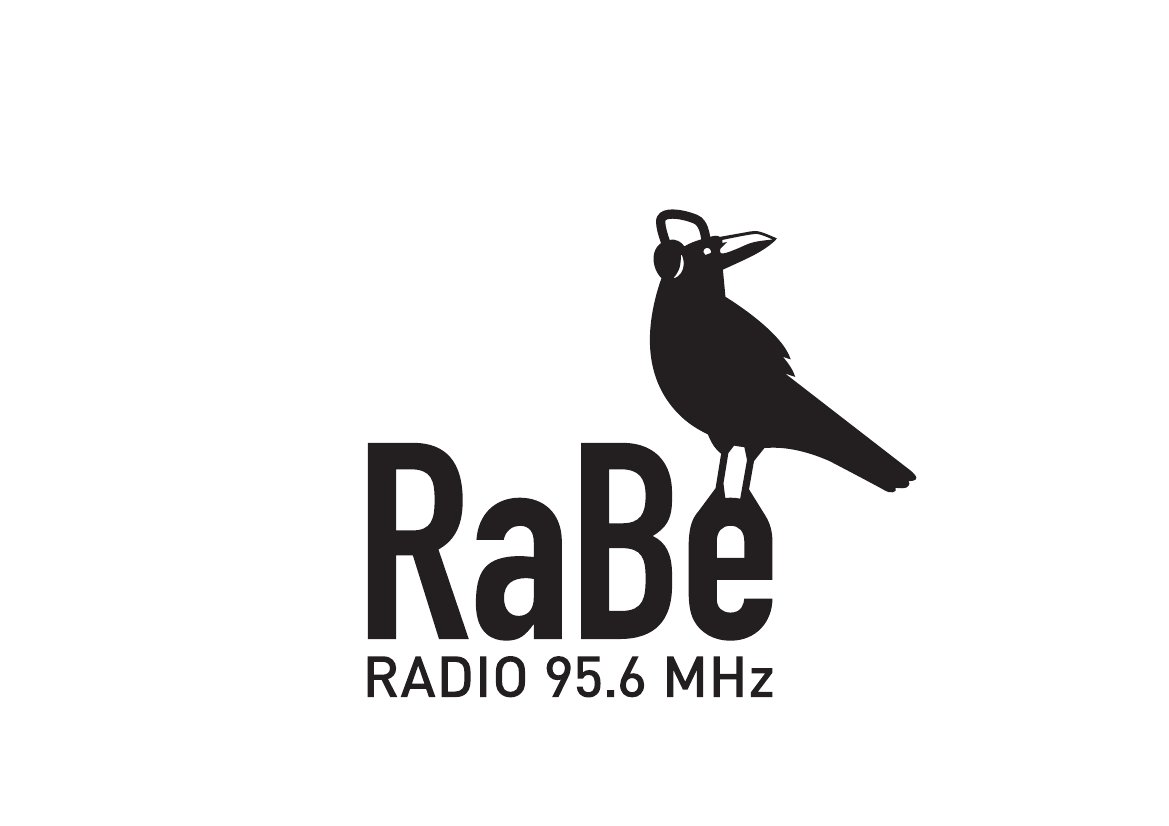
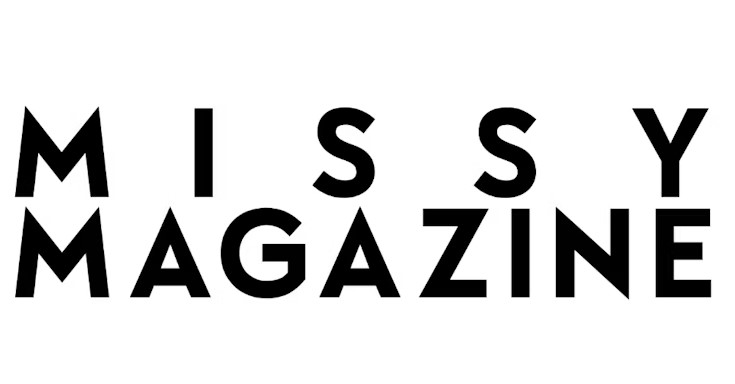



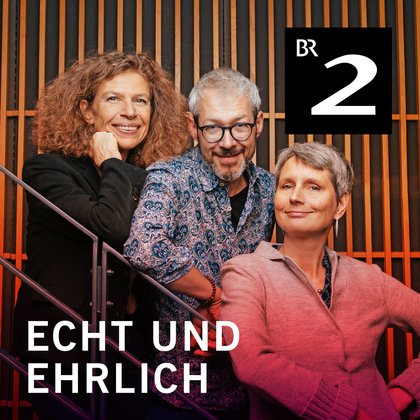

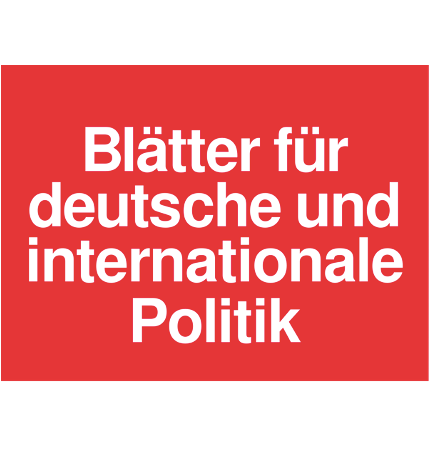



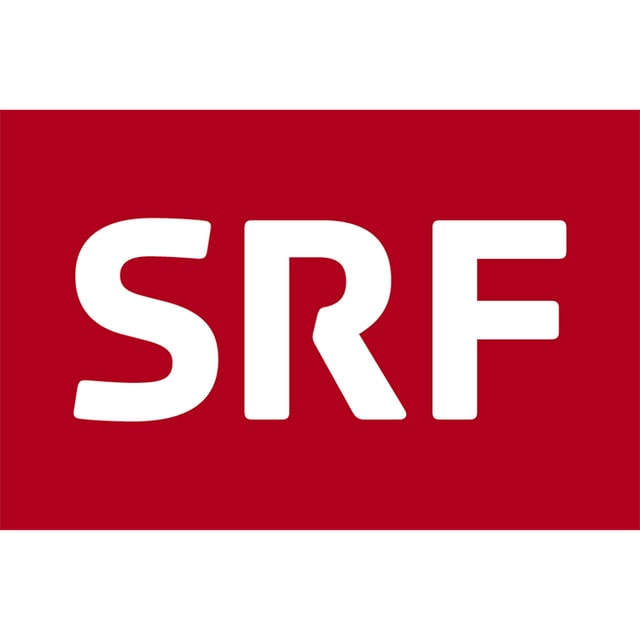
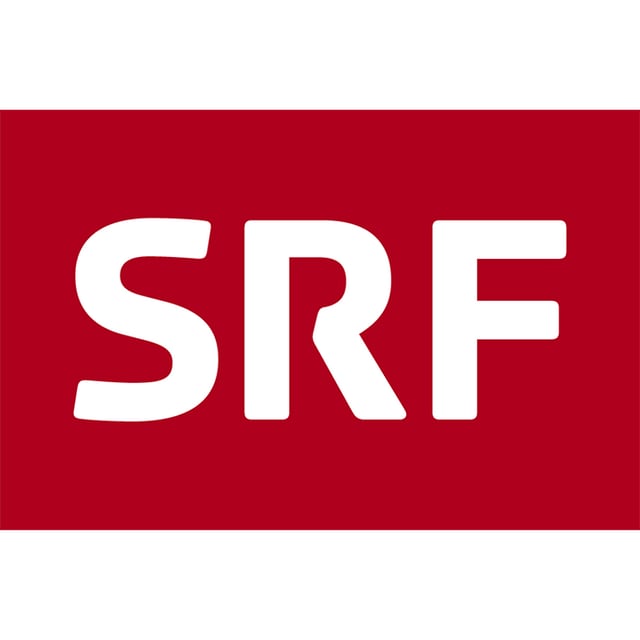
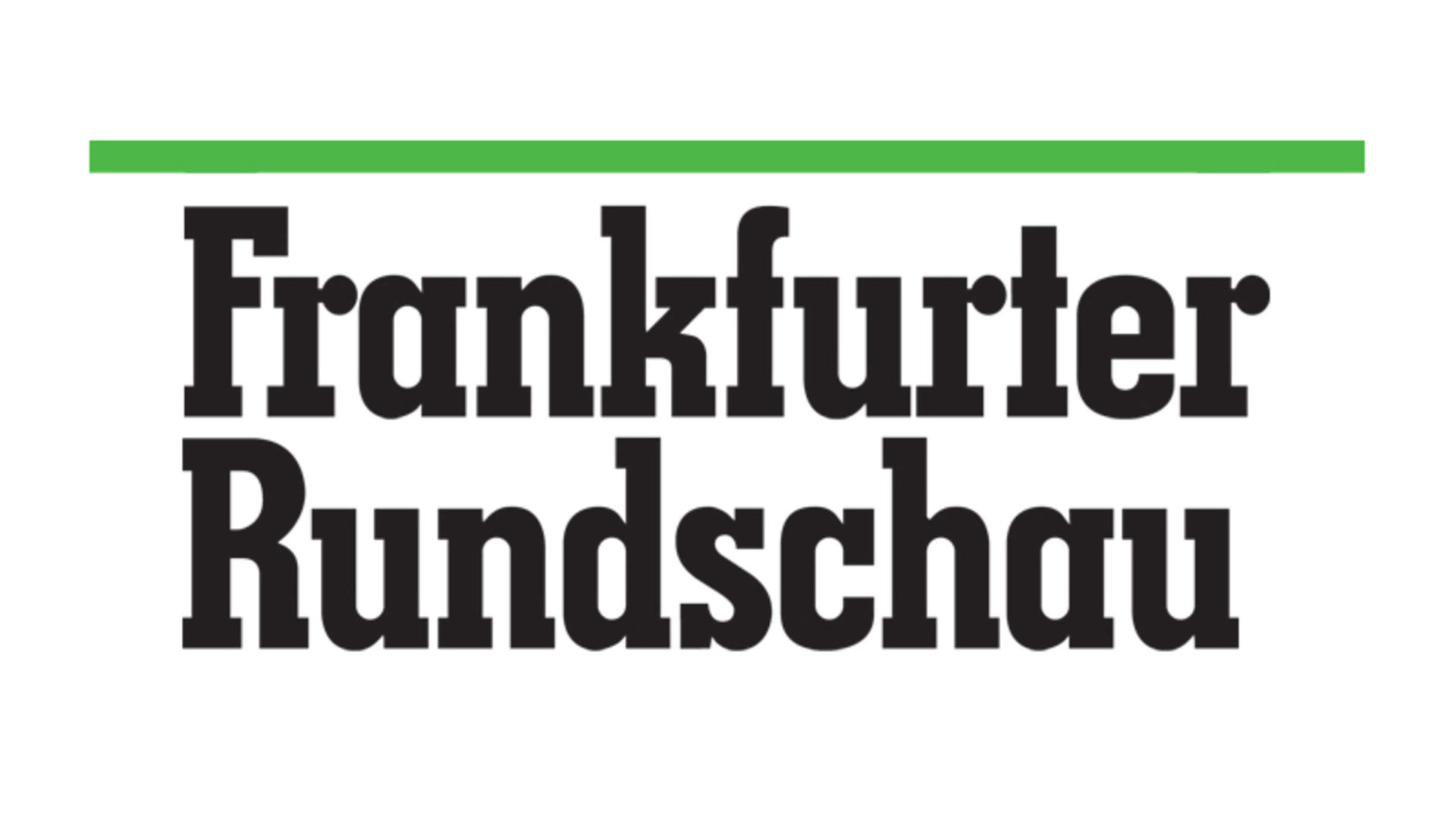
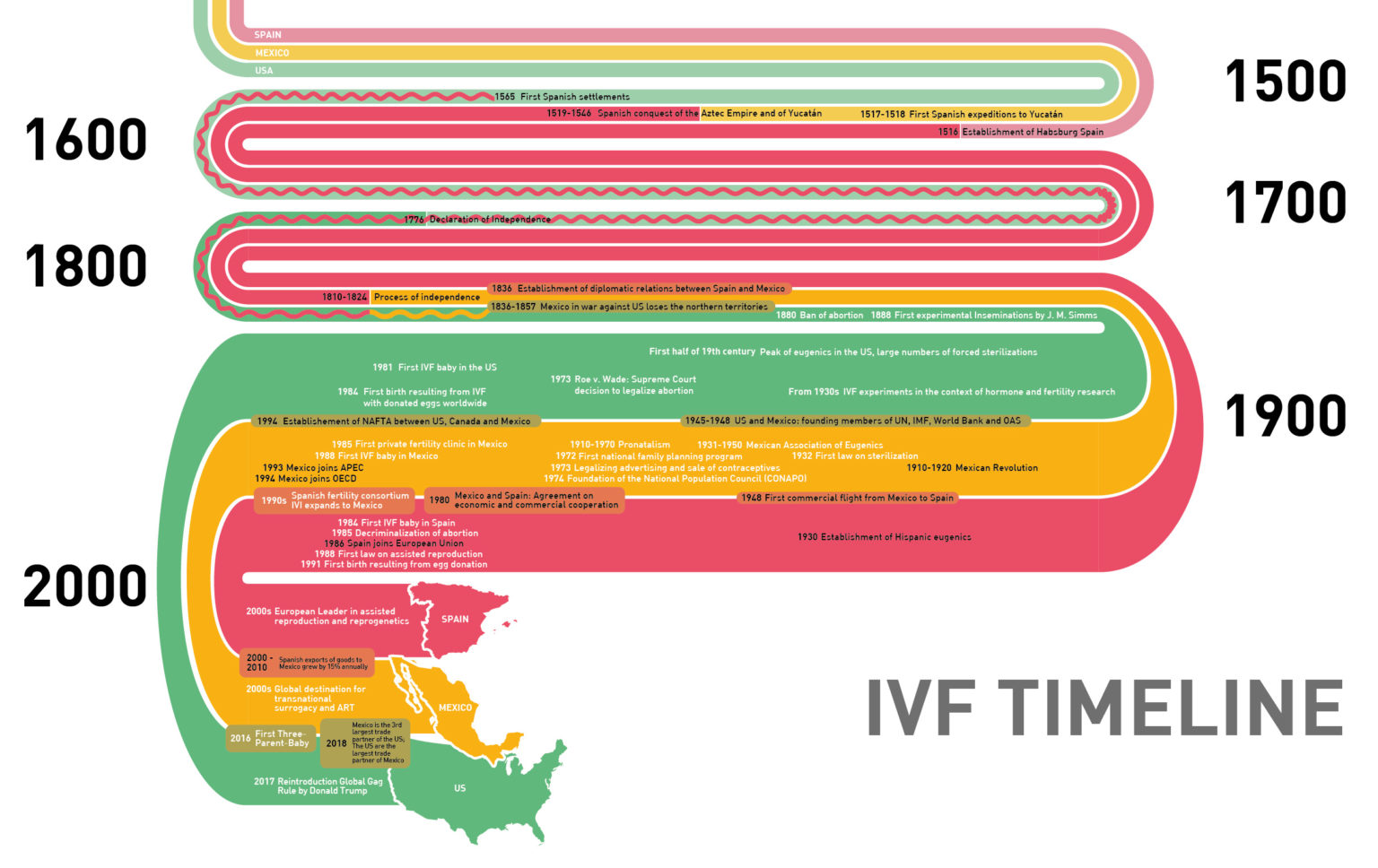



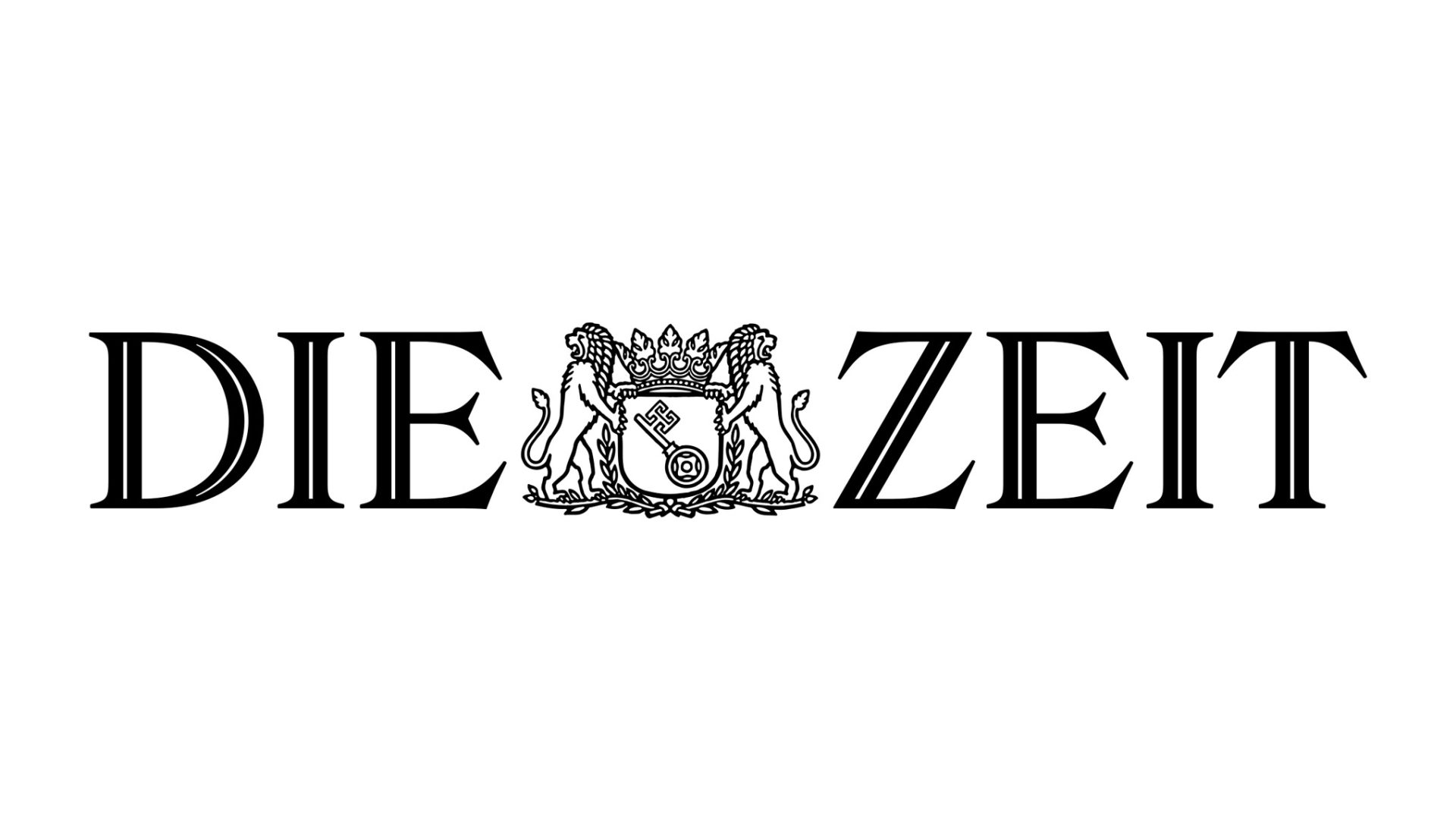



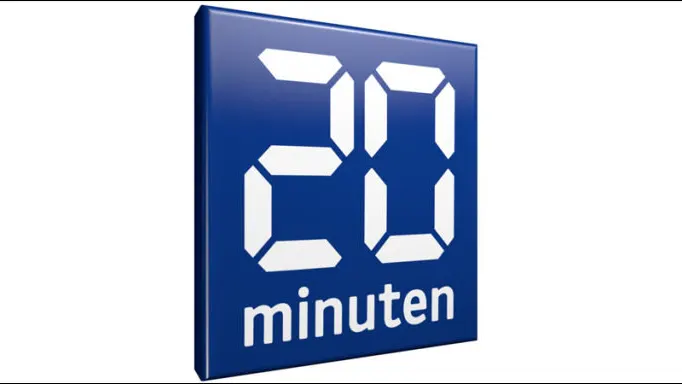




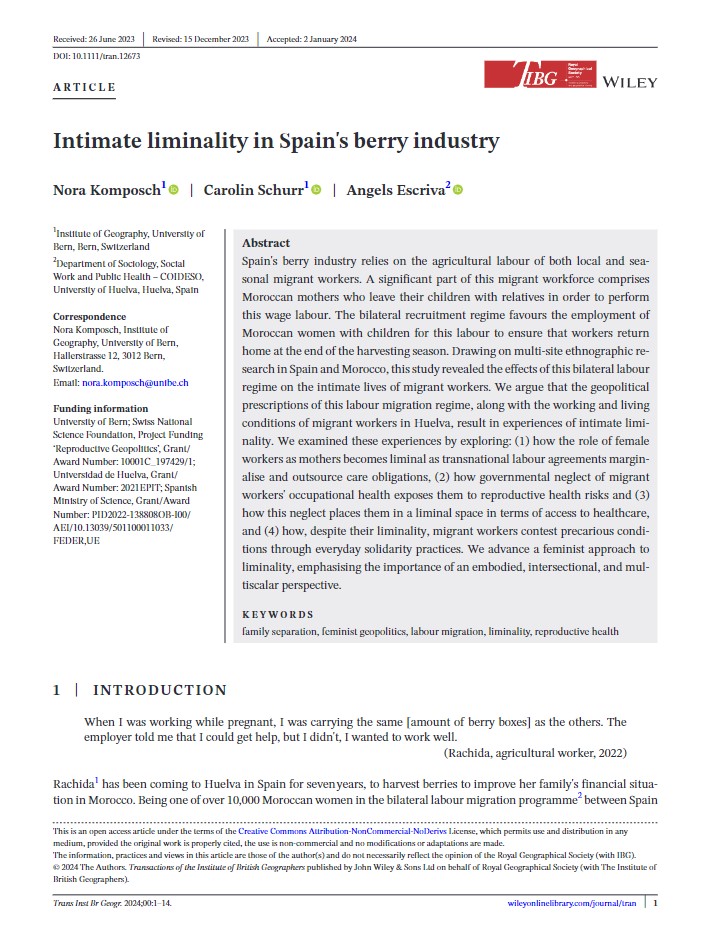


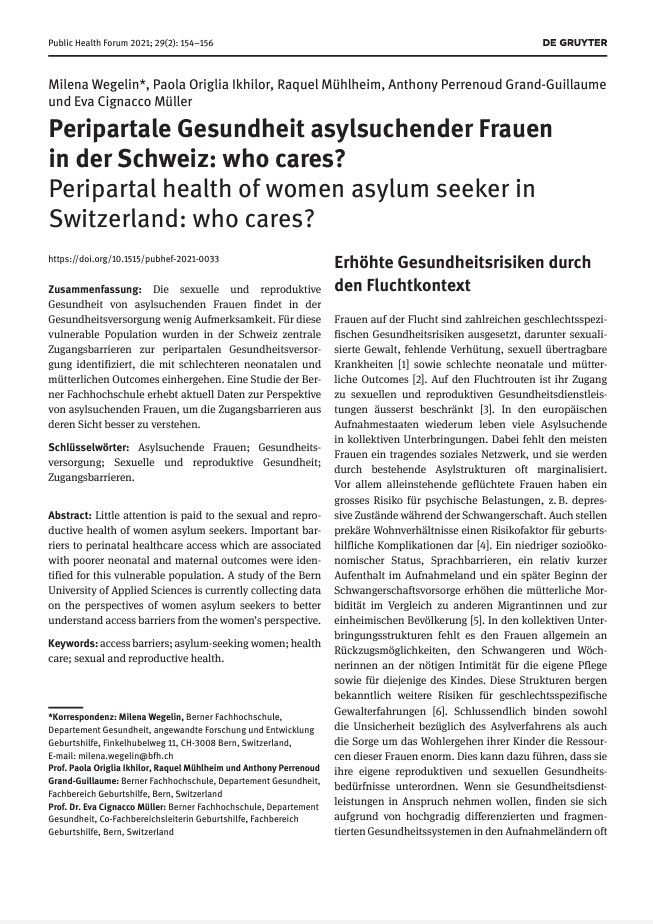
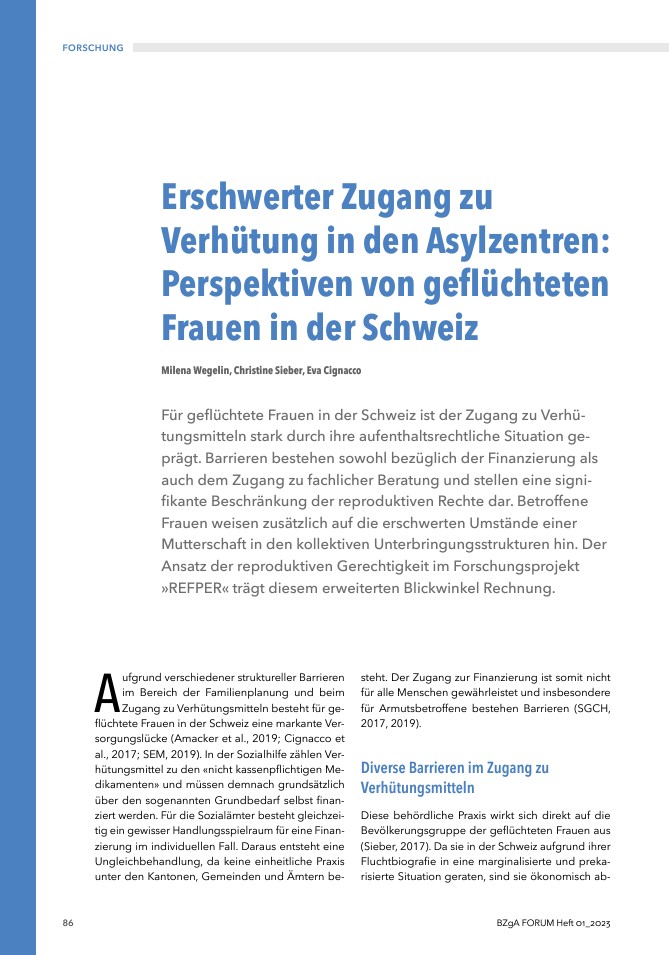
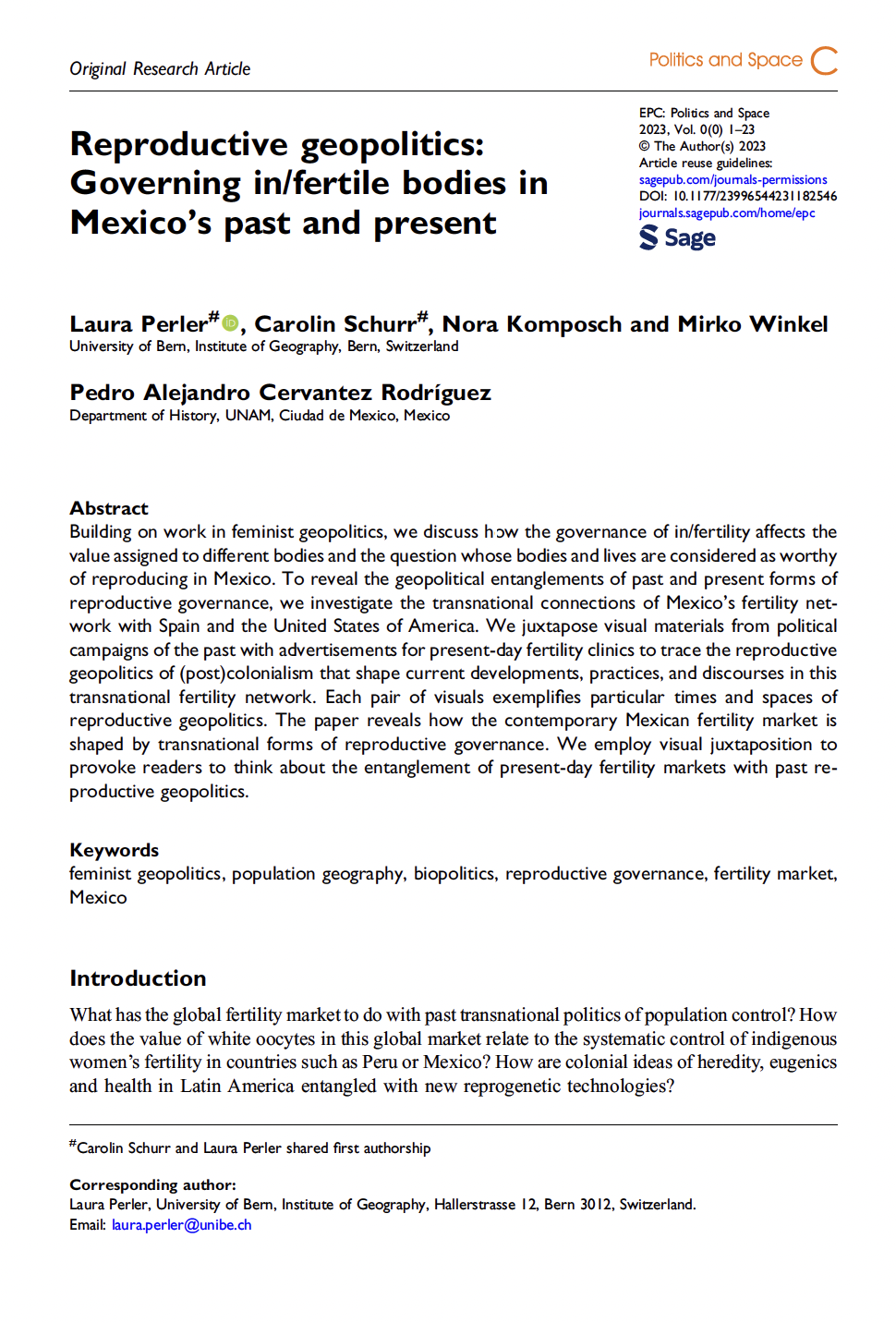
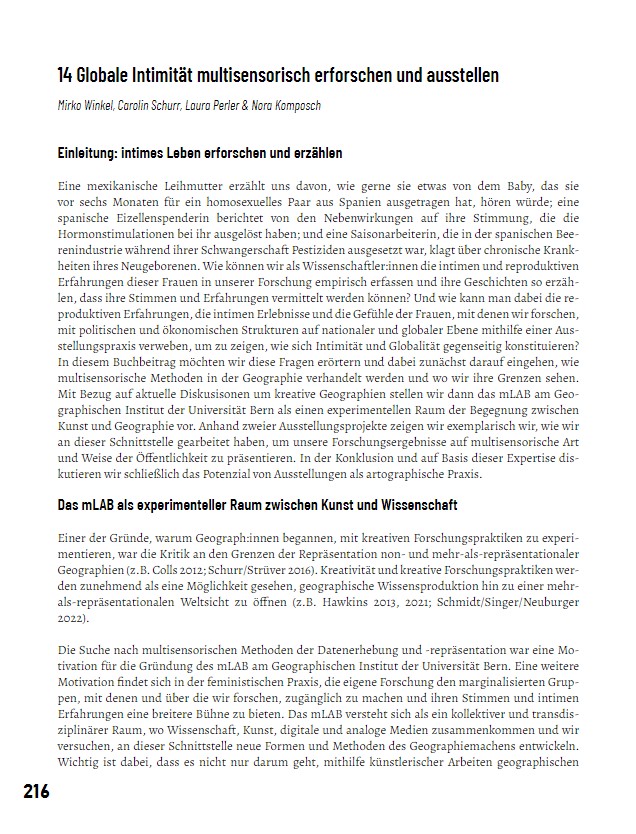
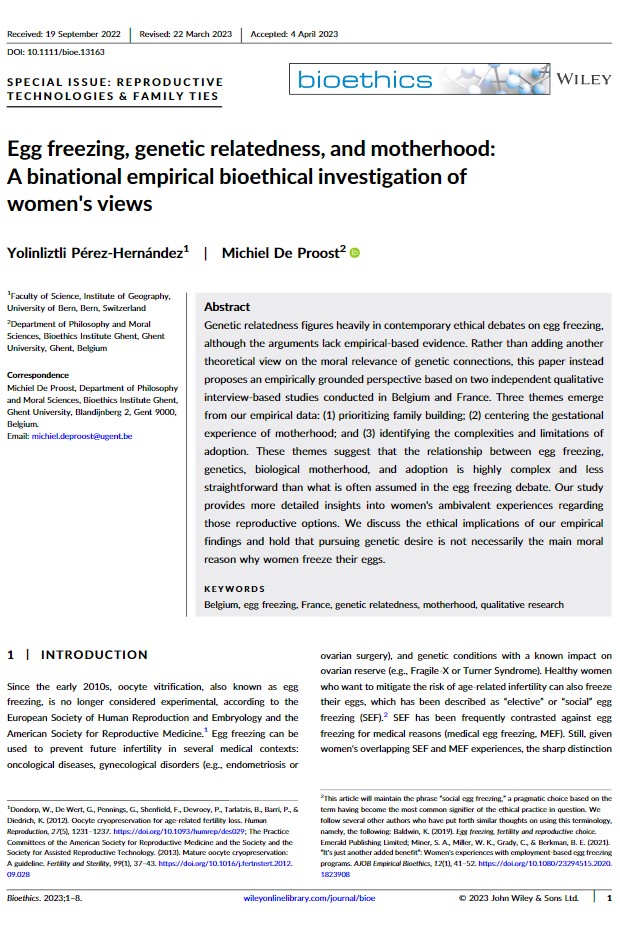

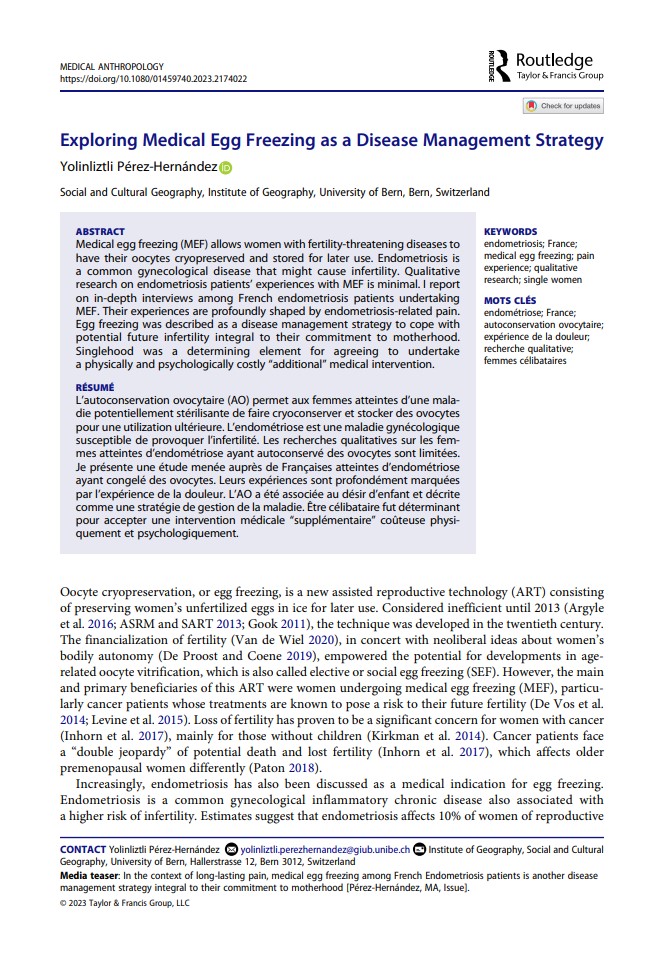
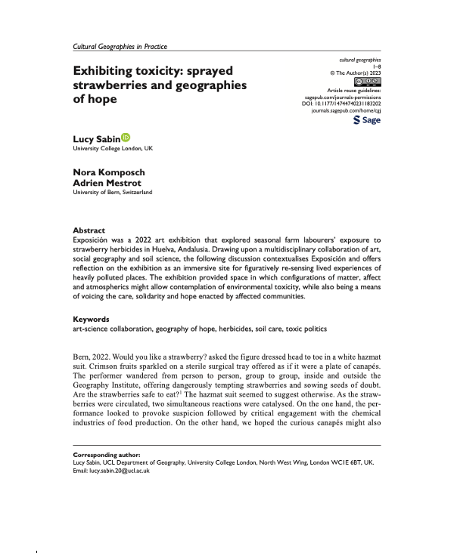
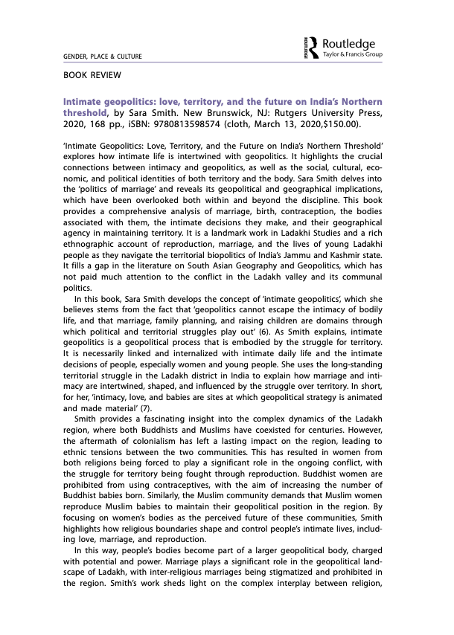
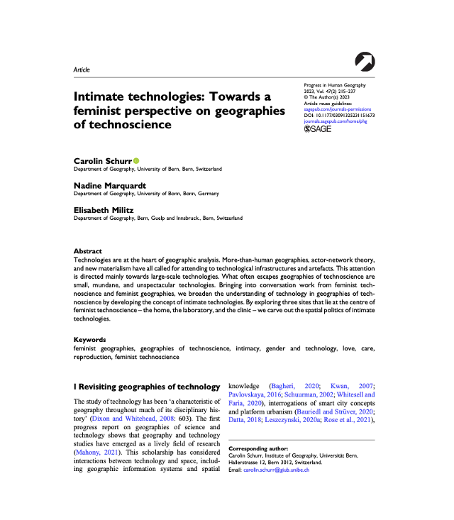
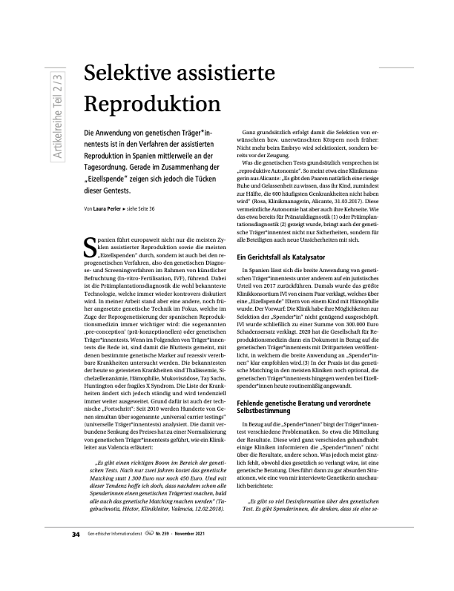
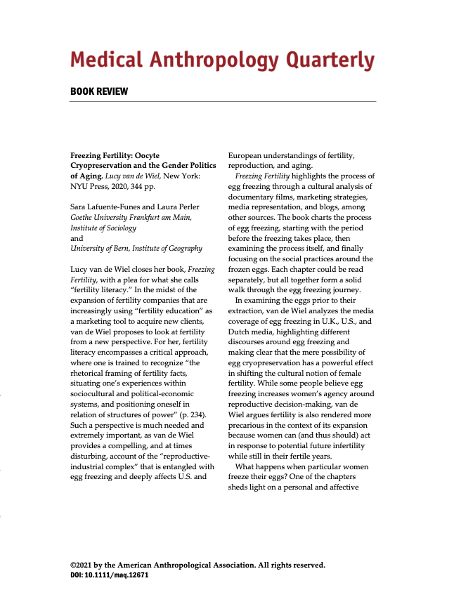
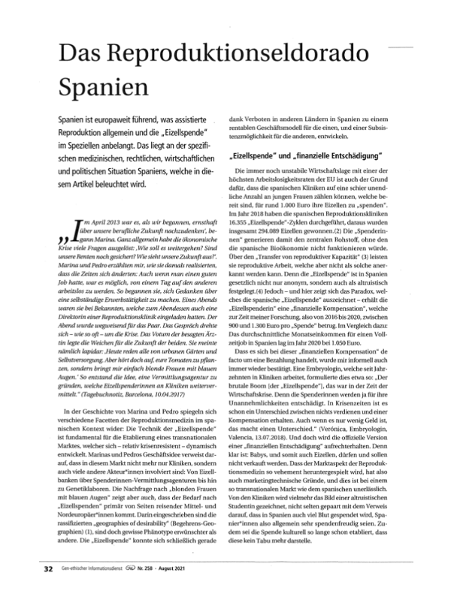

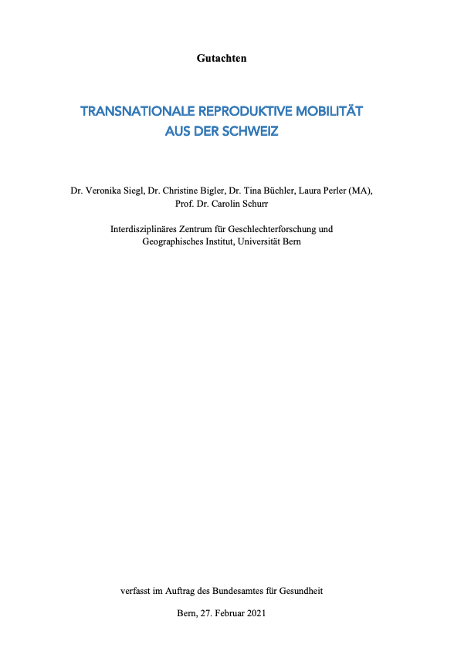
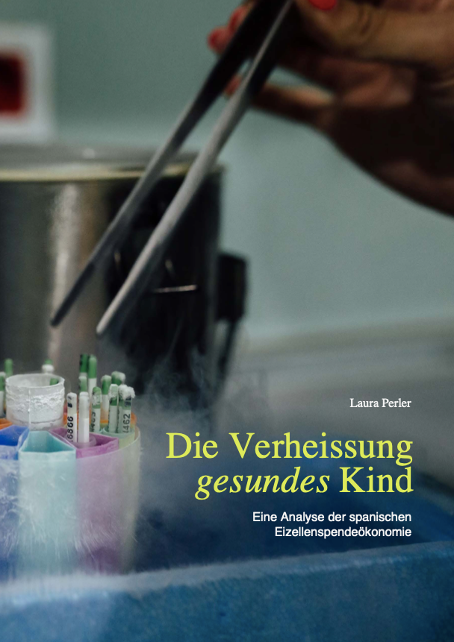
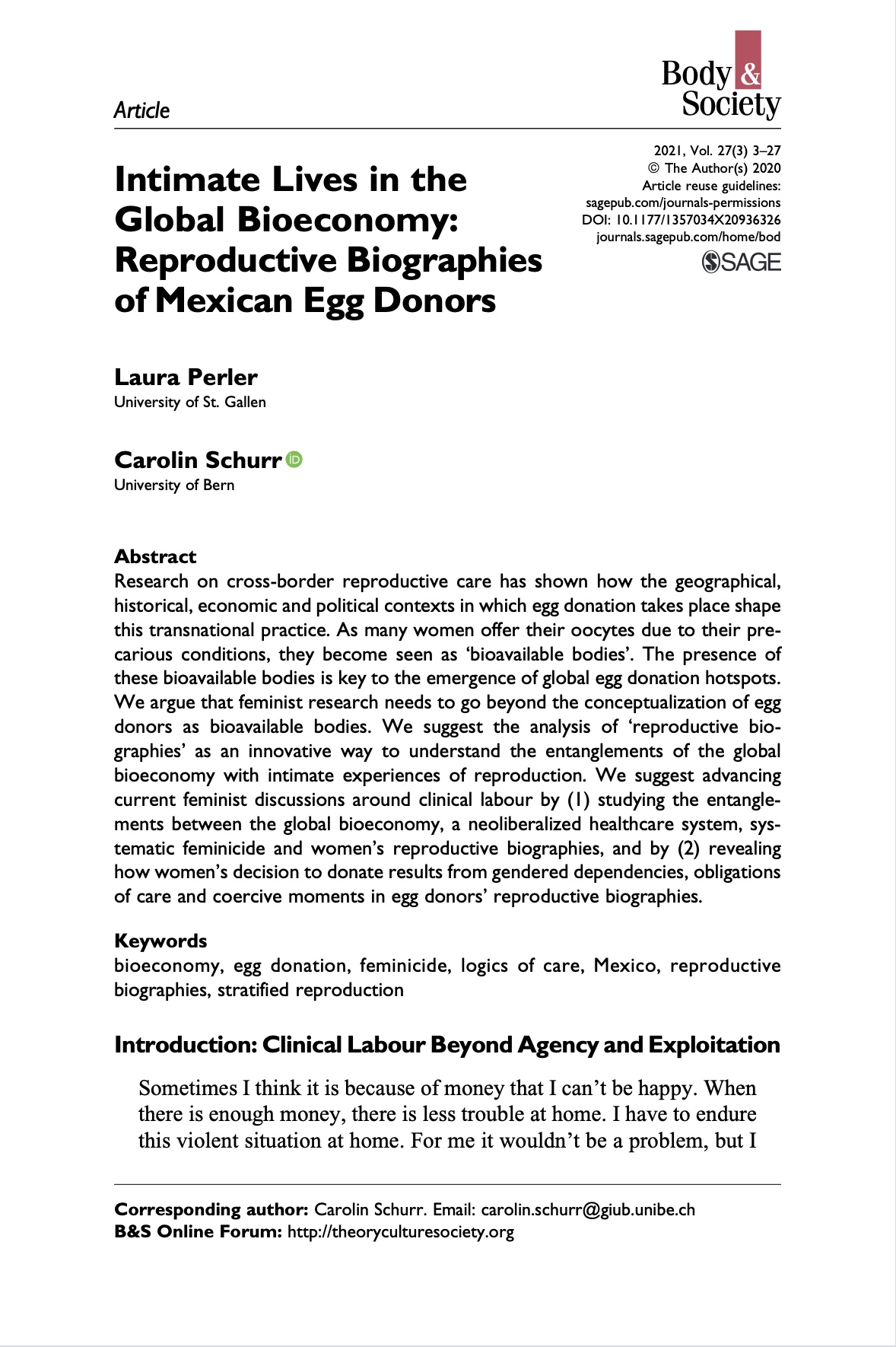
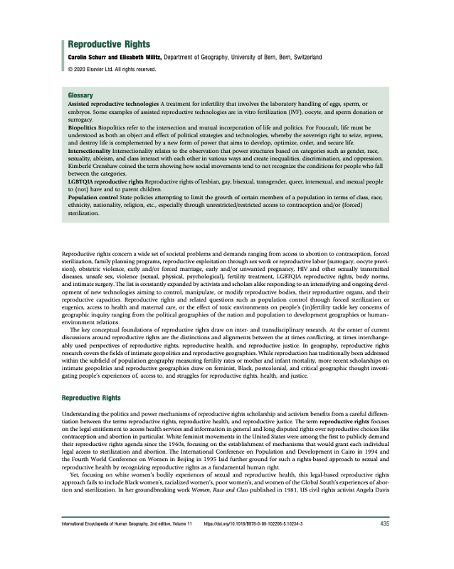
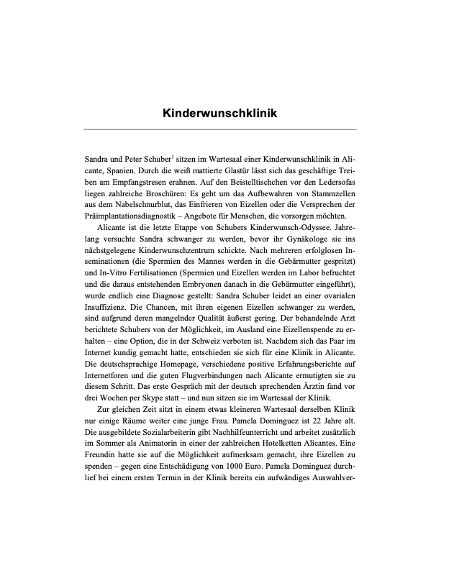
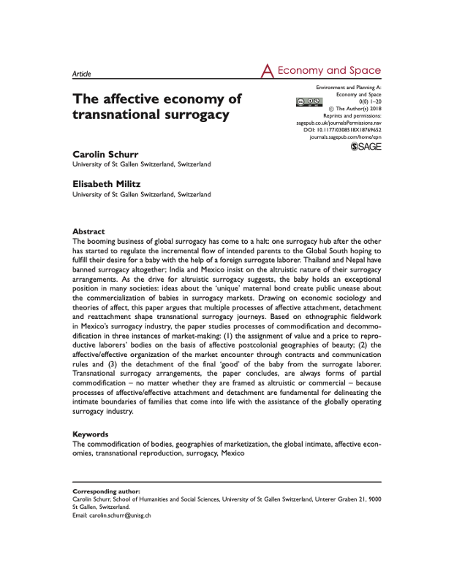
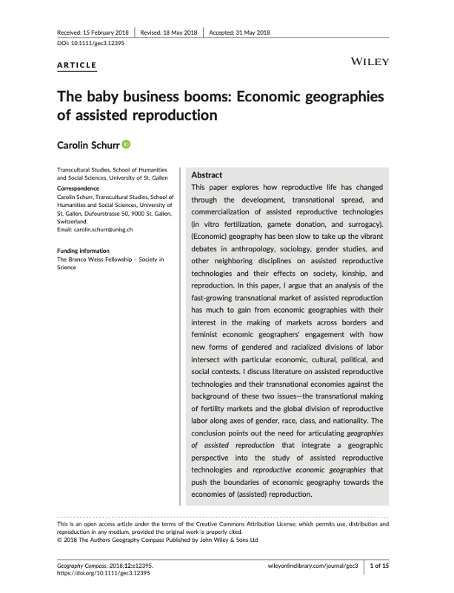
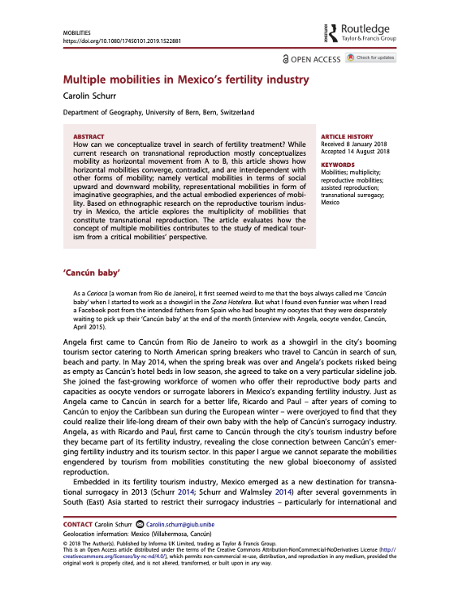
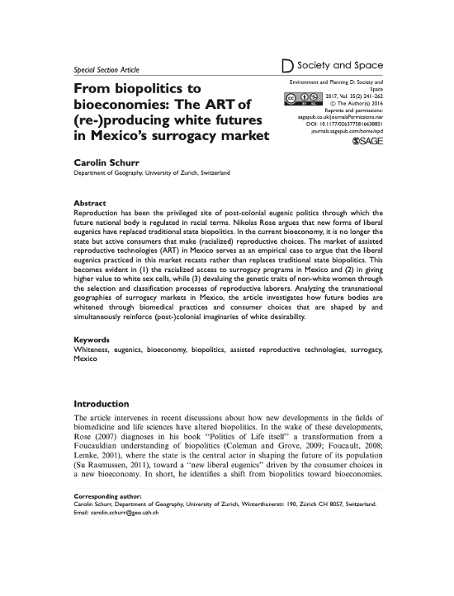


A project on egg donation and politics of reproduction based on the research of Laura Perler, with photographs by Tamara Sánchez Pérez. Curated by Mirko Winkel.
(Still) prohibited in Switzerland and Germany, a normalized procedure in other countries: egg donation. The traveling exhibition “Making Babies? Egg Donation and the Politics of Reproduction” explores this reproductive technique and its social, ethical and economic implications. It features photographs, audio and video documents on the subject, created as part of Laura Perler’s research, which has been also published as a book in 2022.
The exhibition portrays the lives and motivations of egg donors in Spain and visits the laboratories and operating rooms of a fertility clinic. Spain is a European leader in assisted reproduction in general and egg donation in particular. In the exhibition, visitors will meet one of these recipients, as well as a young woman who was born as a result of egg donation.
Accompanied by workshops, discussion programs and extensive media coverage, the project seeks feminist answers to pressing questions.
So far, the exhibition has been shown in Berlin at the Heinrich Böll Foundation in June 2022, where it was organized together with Taleo Stüwe and the Gen-Ethisches Netzwerk e.V. and Derya Binışık from the Gunda Werner Institut, and in Bern at the Kornhausforum from November 2022 to January 2023. The exhibition was supported by the Swiss National Science Foundation, the University of Bern, and the Branco Weiss Fellowship.




Photos of the exhibition in Berlin by Tamara Sánchez Pérez
At the vernissage in Berlin, the insights into the lives and backgrounds of egg donors as well as into the Spanish reproductive market in general were deepened in a panel discussion. The key note on Spain as a reproductive market was led by Sara Lafuente-Funes (sociologist, author of ” Mercados Reproductivos: Crisis, Deseo y Desigualdad”).
The keynote was followed by a panel discussion with Laura Perler, Tamara Sánchez Pérez (photographer), Elia Muñoz (activist, egg donor portrayed in the exhibition) and moderated by Derya Binışık.
The closing event in Berlin included a key note by Taleo Stüwe (medical doctor and member of the Gen-ethisches Netzwerk e.V.) on the medical-technical basics of “egg donation”, its benefits and risks. It was followed by a panel discussion with Ines Pietschmann (Institute for Ethics und History of Medicine, University of Göttingen) and Dr. Susanne Schultz (Goethe-University Frankfurt, Focus Area Biotechnology, Nature and Society), moderated by Dr. Antje Schrupp (Journalist und Political Scientist).




Photos of the exhibition in Bern by Alexander Gempeler
The opening event in Bern included a panel discussion with Laura Perler, Tamara Sánchez Pérez (photographer), Alba Cambeiro Cernadas (egg donor portrayed in the exhibition) and Sabina Rhyner (egg recipient portrayed in the exhibition), moderated by Carolin Schurr (professor for Social and Cultural Geography, University of Bern).
In the panel at the closing event, Christina Bachmann-Roth (president Die Mitte Frauen Schweiz), Derya Binışık (referee at the Gunda-Werner-Institut in Berlin for reproductive health), Lisa Mazzone (politician in the Council of States, GRÜNE Schweiz) and Markus Zimmermann (vice president of the National Ethics Commission in the area of Human Medicine, NEK) discussed together, moderated by Michael Braunschweig (postdoc at „Human Reproduction Reloaded“ by the University of Zurich).